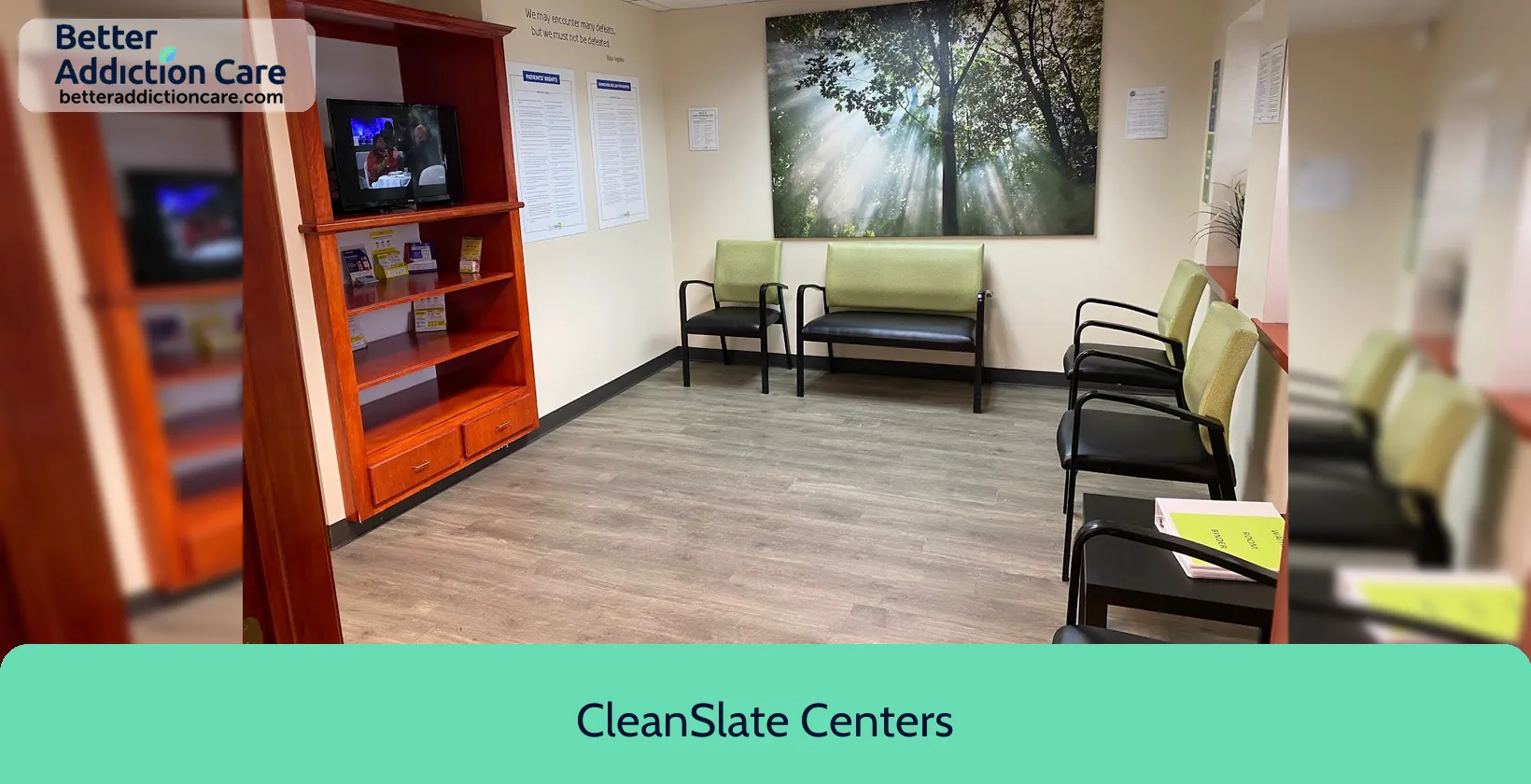CleanSlate Centers
Overview
CleanSlate Centers is an accredited substance abuse treatment center that provides outpatient treatment for men and women between 18 and 65+ years of age. As part of their special programs, CleanSlate Centers To help patients achieve sobriety, CleanSlate Centers provides intake assessments. Afterward, patients receive smoking/vaping/tobacco cessation counseling, motivational interviewing, and relapse prevention during treatment. CleanSlate Centers is located in Scranton, Pennsylvania, providing treatment for people in Lackawanna County, accepting cash or self-payment, medicaid, and medicare.
CleanSlate Centers at a Glance
Payment Options
- Cash or self-payment
- Medicaid
- Medicare
- State-financed health insurance plan other than Medicaid
- Private health insurance
Assessments
- Screening for tobacco use
- Comprehensive substance use assessment
- Screening for substance use
- Complete medical history/physical exam
Age Groups
- Young adults
- Adults
- Seniors
Ancillary Services
- Case management service
- Transportation assistance
Highlights About CleanSlate Centers
7.04/10
With an overall rating of 7.04/10, this facility has following balanced range of services. Alcohol Rehabilitation: 8.00/10, Drug Rehab and Detox: 7.54/10, Insurance and Payments: 6.00/10, Treatment Options: 6.61/10.-
Alcohol Rehabilitation 8.00
-
Drug Rehab and Detox 7.54
-
Treatment Options 6.61
-
Insurance and Payments 6.00
Accreditations
State mental health department:
State mental health department accreditation refers to the process of evaluating and certifying the quality and standards of a state's mental health department, ensuring that it provides high-quality services and meets specific criteria for mental health care. The accreditation process is performed by a third-party organization and helps to improve the overall care and treatment of individuals with mental health conditions.
Commission on Accreditation of Rehabilitation Facilities (CARF):

CARF accreditation is a prestigious recognition for rehabilitation and human service organizations. It signifies that an organization meets high-quality standards and is committed to providing top-level care. CARF conducts rigorous evaluations to ensure compliance, enhancing an organization's credibility and reassuring clients and funders of exceptional service quality. This accreditation promotes excellence and continual improvement in the rehabilitation and human services field.
Treatment At CleanSlate Centers
Treatment Conditions
- Alcoholism
- Substance use treatment
Care Levels
- Outpatient
- Outpatient methadone/buprenorphine or naltrexone treatment
Treatment Modalities
- Smoking/vaping/tobacco cessation counseling
- Motivational interviewing
- Relapse prevention
- Treatment for other addiction disorder
- Group counseling
Ancillary Services
Languages
- Sign language services for the deaf and hard of hearing
Additional Services
- Pharmacotherapies administered during treatment
- Housing services
- Drug or alcohol urine screening
Get Help Now
Common Questions About CleanSlate Centers
Contact Information
Other Facilities in Scranton

6.62

7.11

7.06
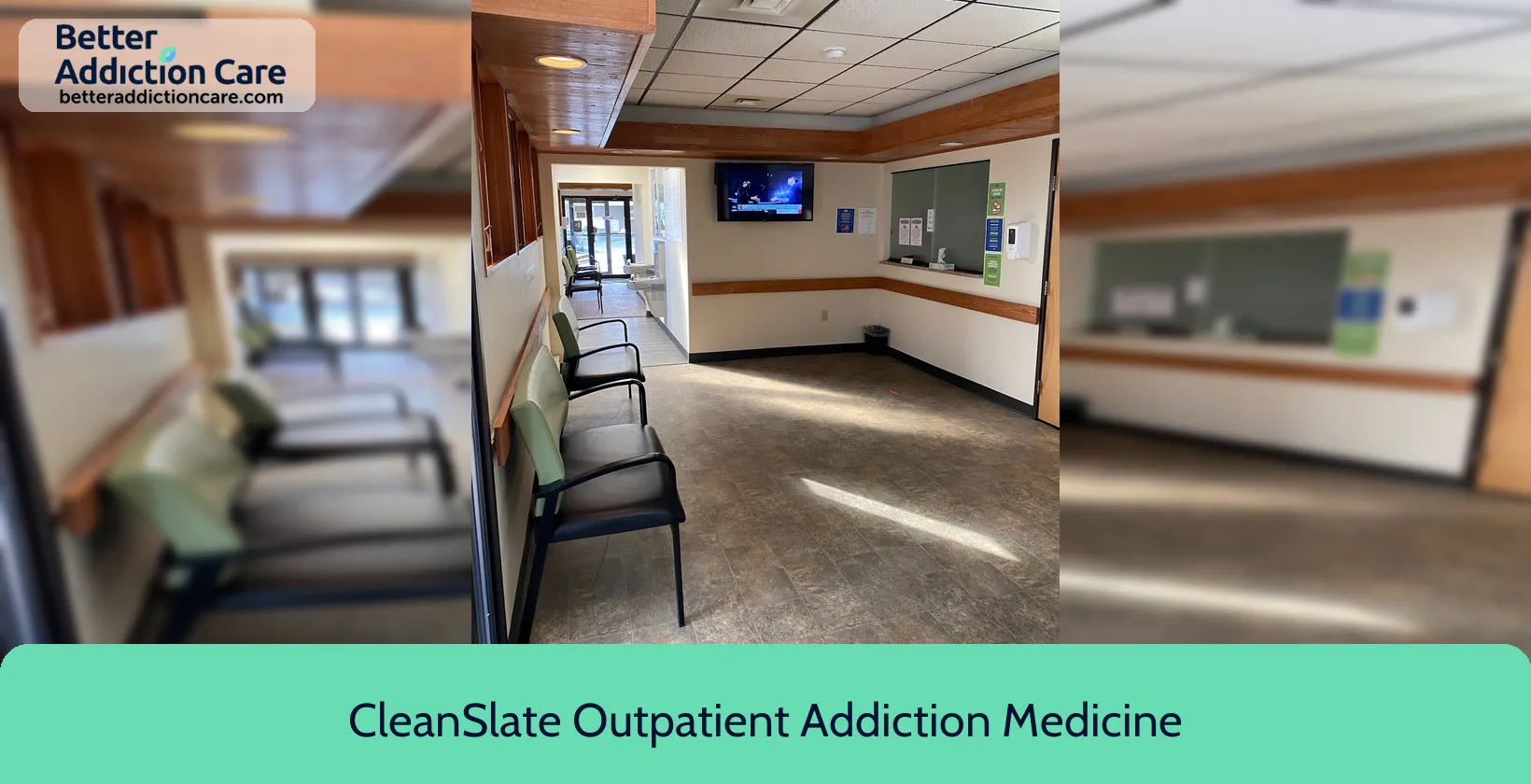
6.88
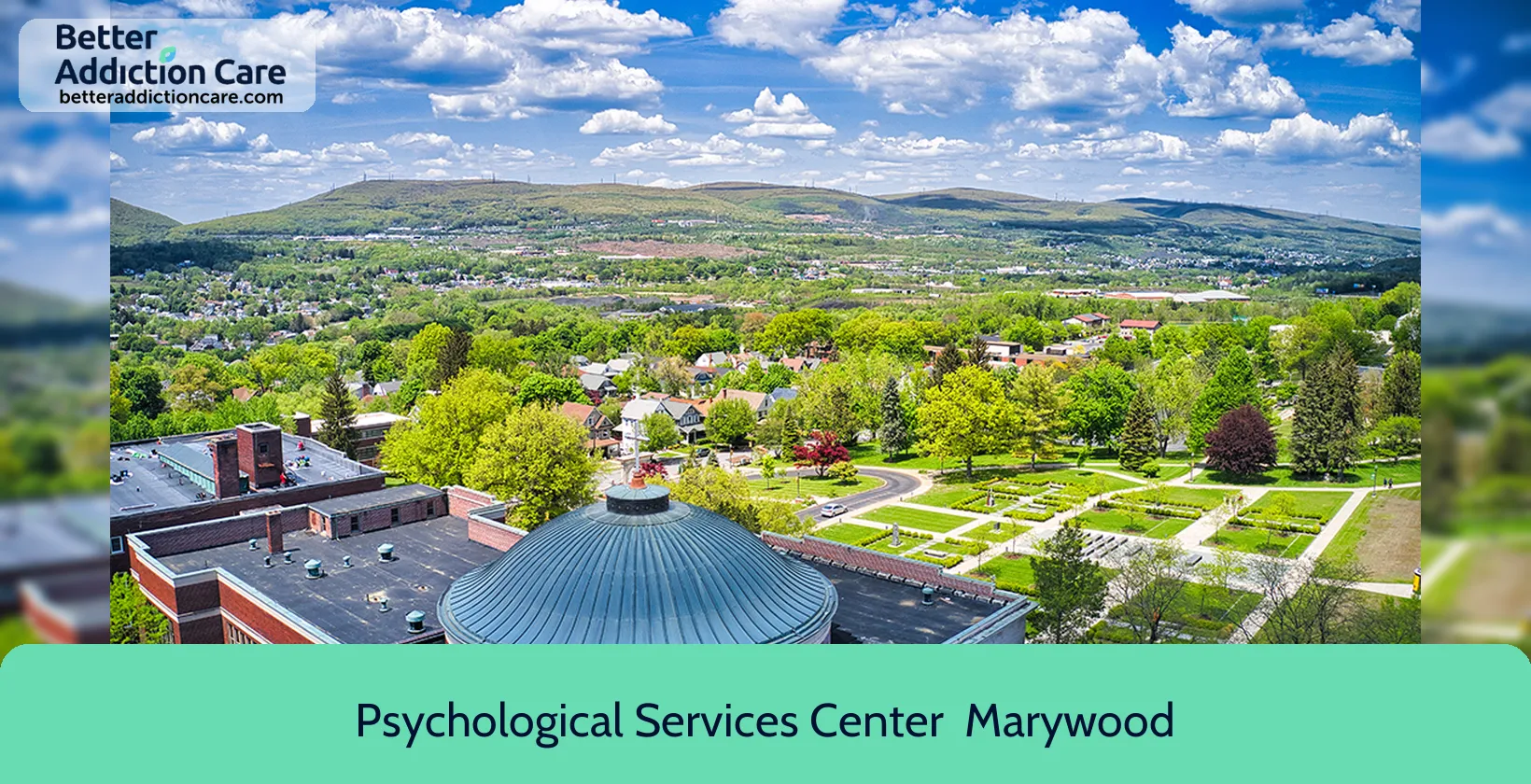
6.56
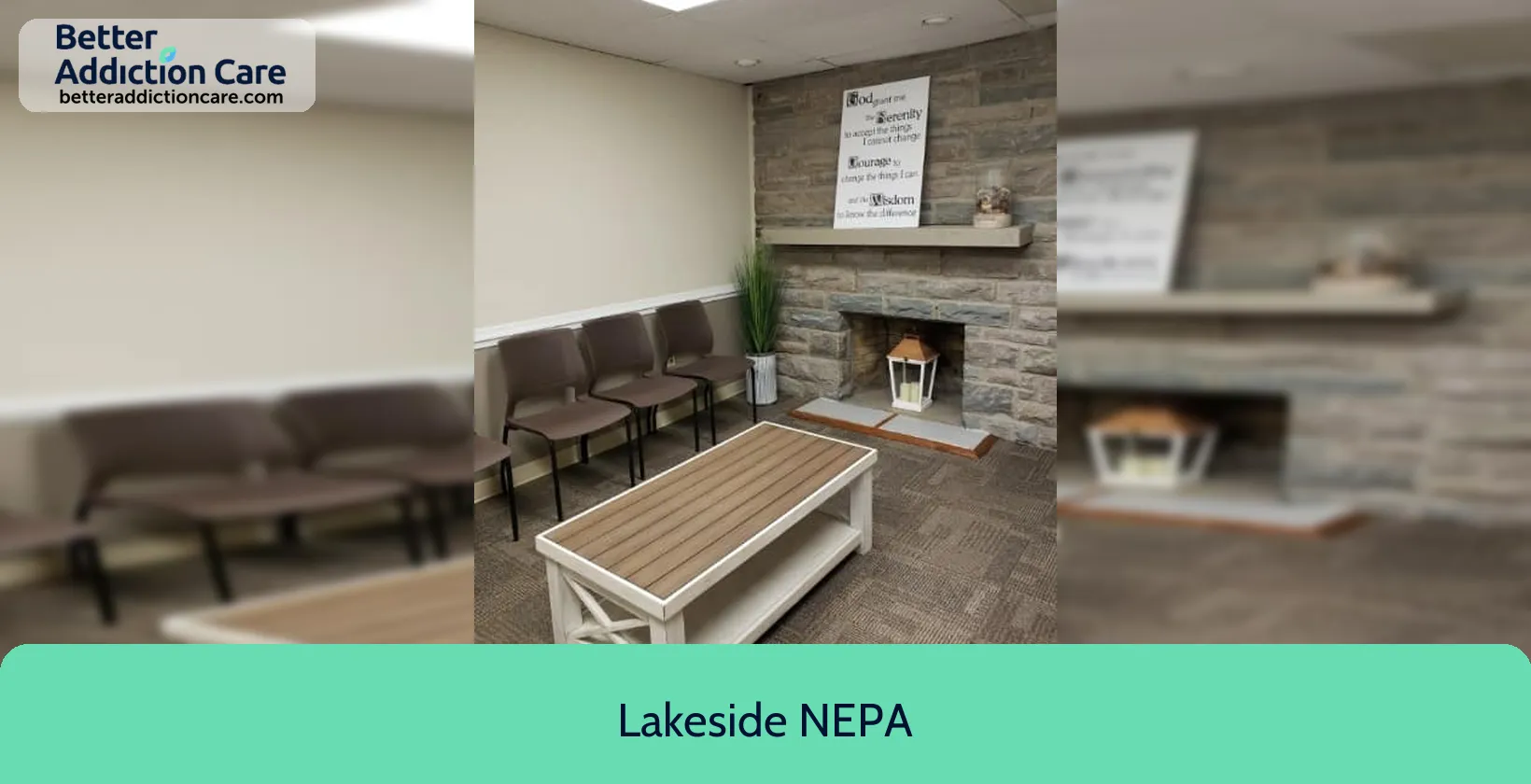
6.89

6.92
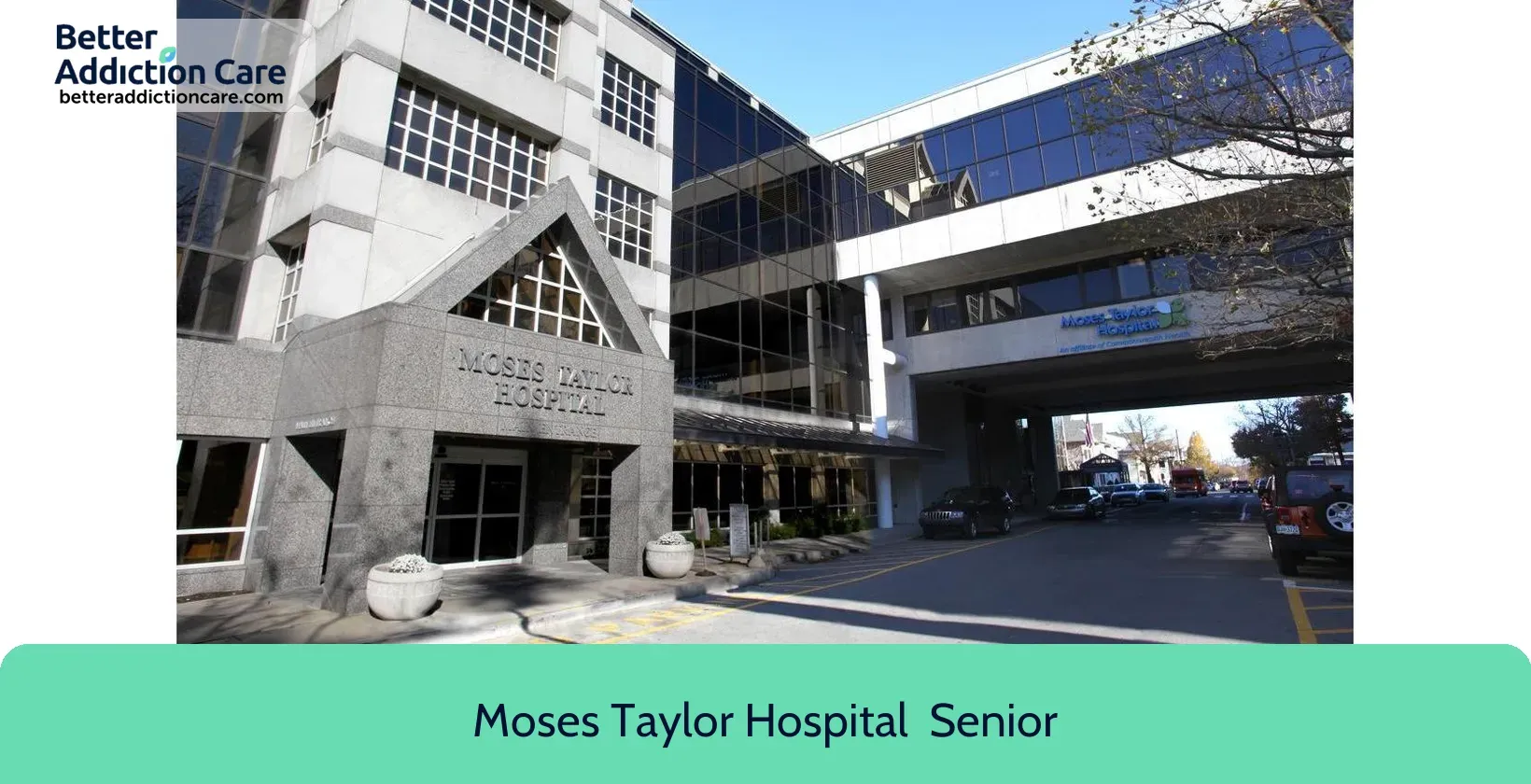
6.95
DISCLAIMER: The facility name, logo and brand are the property and registered trademarks of Moses Taylor Hospital - Senior Mental Health, and are being used for identification and informational purposes only. Use of these names, logos and brands shall not imply endorsement. BetterAddictionCare.com is not affiliated with or sponsored by Moses Taylor Hospital - Senior Mental Health.
